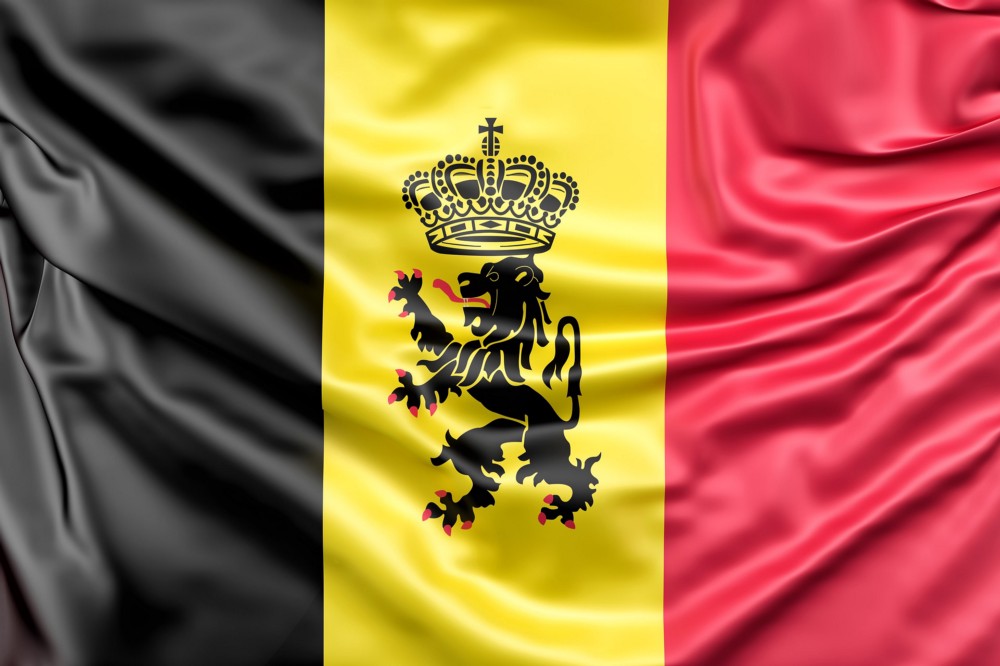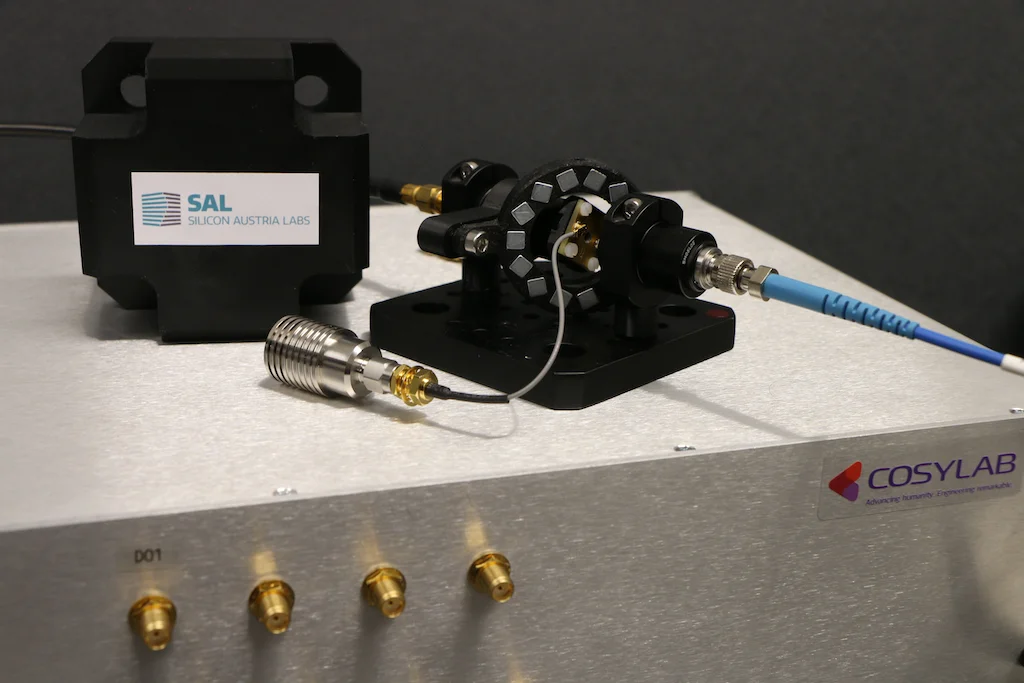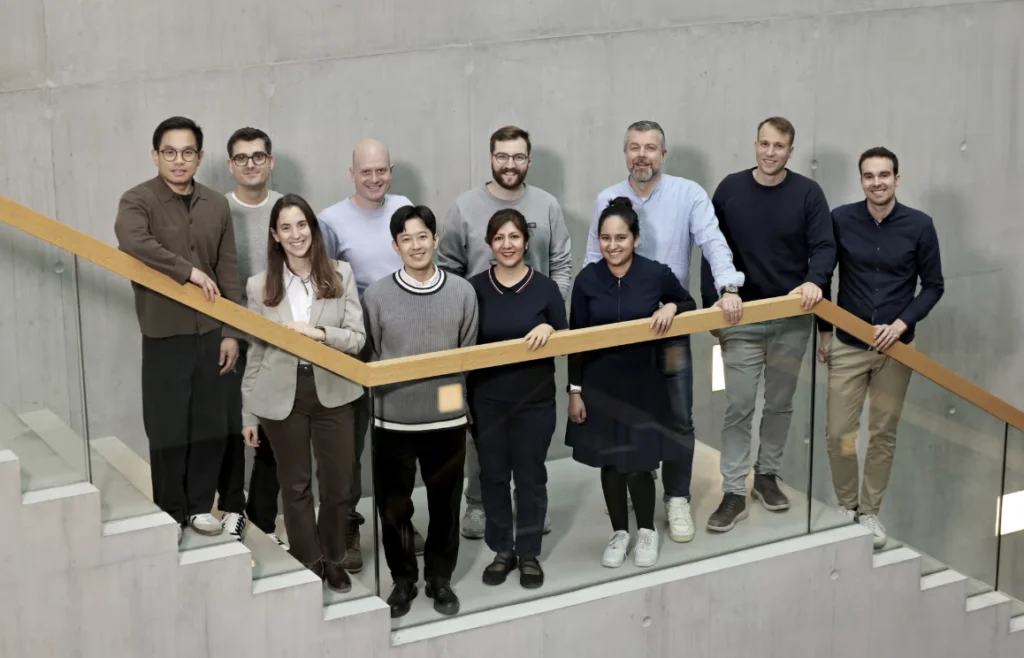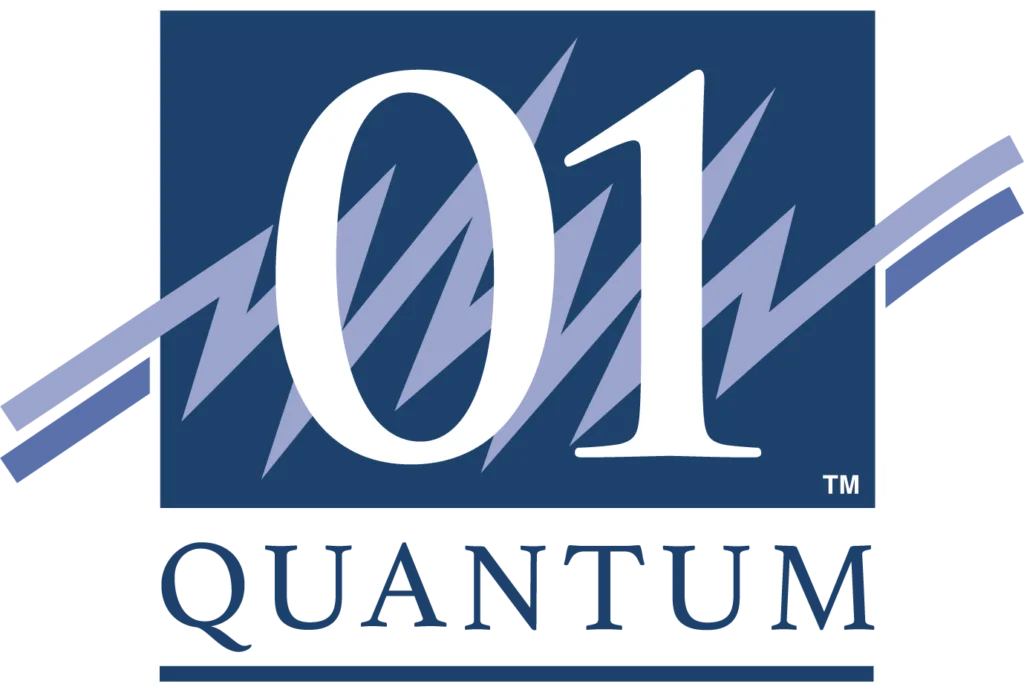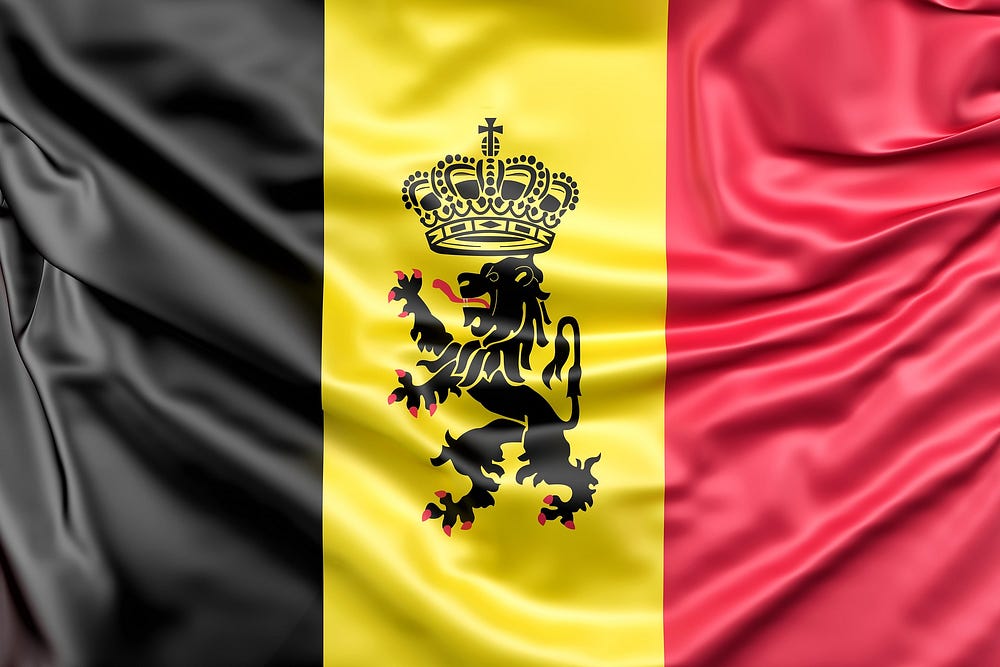
Isn’t it Ironic!
It’s not very often we get to include a quantum computing (QC) initiative that hails from Belgium. Notwithstanding the post published on TQD in April of this year that highlighted Ghent University spinoff QustomDot, news regarding what’s going on in quantum tech in the country is very hard to come by, unlike in Belgium’s neighbour, the Netherlands, which has a thriving ecosystem — both in terms of commercial enterprises and universities research centres.
And that’s a bit ironic, seeing as the Brussels-based Solvay conferences, first held in 1911, are said to be where the discipline of quantum physics (the 1927 Electrons and Photons conference particularly important) really began.
But that doesn’t mean it’s all bad news, far from it, in fact — the Centre for Quantum Information and Communication (QuIC), based at the Ecole Polytechnique de Bruxelles Université Libre de Bruxelles, has been active in quantum information sciences since 2001. Along with this, the country is now seeing a rise in grassroots activity that is being led by a number of meetups organized by Quantum Computing Belgium, which has organized a handful of meetups for 2021 alone.
QBee
On the commercial front, too, things are starting to take shape: QBee, a quantum technology startup still in its ideation phase, was founded in 2020 by Koen Bertels. Based in the town of Brasschaat, QBee has several projects on the boil that include Quantum micro-architecture, a quantum computing simulator, quantum high-level programming, quantum genomics, and quantum finance.

In addition to the above, Bertels and his team provide services in education and consultancy.
Although he is the founder of QBee, Koen Bertels is also the head of the Quantum Computer Architectures Lab, as well as being a principal investigator in Qutech where he collaborates with experimental physicists on building prototype quantum processors.
Prior to this, Bertels’ research interests included multi and many-core architectures and electronic system-level design.
Yet his skills don’t end there: Bertels is also an entrepreneur, having started two companies, the first one together with colleagues from the CE lab and Wayne Luk from Imperial College, called BlueBee that provides a cloud service for genome sequencing. The second company was a financial portfolio management software company based in Luxemburg, called Upsilon.

Qbee could be the start of something good for the Belgian quantum tech ecosystem. And the country as a whole has some positive attributes to make this happen: Brussels is, for one, a multicultural and multilingual city.
Jacob Claerhout, a Belgian VC at Partech, put it this way:
“With organizations like The Eclipse Foundation making Brussels their home, the continued financial support from European institutions and a growing support network of incubators, accelerators, and corporate innovation programs, Brussels is gaining momentum.”
This could have positive repercussions for quantum tech in the county as well, and eventually lead to a situation where Belgium is not so far behind its Benelux partner, the Netherlands in QC.
If you found this article to be informative, you can explore more current quantum news here, exclusives, interviews, and podcasts.

